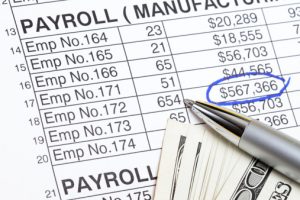LET’S NOT MAKE A DEAL:
An Empirical Study of Decision Making in Unsuccessful Settlement Negotiations
http://www.blakemcshane.com/Papers/jels_settlement.pdf
- This study quantitatively evaluates the incidence and magnitude of errors made by attorneys and their clients in unsuccessful settlement negotiations.
- The study analyzes 2,054 contested litigation cases between 2002 and 2005 in which the plaintiffs and defendants conducted settlement negotiations.
- The parties’ settlement positions are compared with the ultimate award or verdict, revealing a high incidence of decision-making error by both plaintiffs and defendants.
- Decision error is defined as rejection of the adversary’s settlement offer and proceeding to trial with an outcome that is financially the same or worse than the rejected settlement.
Study Results
- Distribution of “mistakes” by plaintiff and defense bars was not 50/50.
- Plaintiff behavior is consistently risk averse; defendant behavior is consistently risk-seeking.
- Decision error rate for plaintiffs was 61.2 percent of cases and decision error for defendants was 24.3 percent.
- Average cost of decision error for plaintiffs was $43,100 compared to average cost of decision error of $1,140,000 for defendants.
Comparison of 998 offers revealed lower decision making errors for the party serving the 998 as opposed to the party receiving a 998, likely due to the evaluative process by the party serving the 998 offer.



